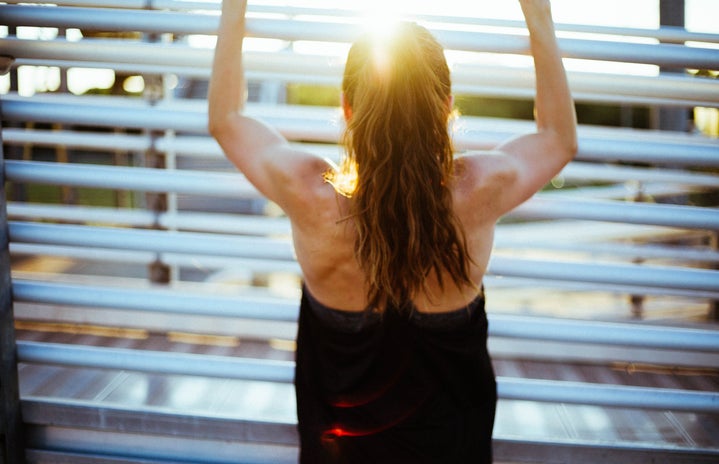Sometimes it can take a while for our bodies to adapt to changes such as starting, or moving back to, university. In the midst of all this adapting, our sleep may suffer. Spending a whole night tossing and turning is horrible. The worst part of a restless night’s sleep is how it affects you the next day: you feel groggy and even twenty gallons of black coffee couldn’t motivate you to get that essay-which is dangling dangerously close to its deadline-done.
Debates on sleep have come under the spotlight due to the recent winners of the Nobel Peace Prize. Three scientists have discovered how our body clock controls the circadian rhythm of sleep and awakeness. Disrupting these rhythms throws our bodies off balance, leading to a restless night’s sleep.
Here are some ways that you can avoid dropping off in your 9am lecture through keeping your circadian rhythms in check…
Avoid brightness from screens 30 minutes before bed
The light from computer, tv and phone screens can impact our circadian rhythms. Dr Anne Marie-Chang’s (of The College of Health and Human Development) research concluded that it “alters sleepiness and awareness” as well as reducing our levels of melatonin. If using a screen before bed is a must, then use an app to alter the amount of blue light being emitted.
Have the same bedtime routine every night
According to the NHS, always putting your pj’s on at the same time or always brushing your teeth right before bed can help you have a better night’s sleep. These pre-bedtime routines indicate to our brains that it is almost time to sleep.
Do not nap in the day
That quick power nap in the middle of the day can become part of a vicious cycle of disrupted night time sleep. It messes up our Circadian rhythms by confusing our brains with what cues signify bedtime.
Avoid any caffeinated products before bed
That coffee you have at five o’clock to get you through another hour of studying needs to go. Research by the National Sleep Foundation has shown that it takes six hours for the effects of even half of that cup of coffee to wear off and that a moderate caffeine intake this close to bed can cause you to lose one hour of sleep. Dark chocolate is also a big no-no.
Try herbal teas
I’m a strong believer in the power of chamomile tea. A steaming mug of this delicious potion at 9 o’clock and I’m asleep by 10. According to expert research, the tea contains ‘glycine’ which helps you and your muscles to relax while acting as a sedative. If used as part of a bedtime routine it can also help keep your circadian rhythms in tune.
Spend minimal time in your bedroom during the day
Apparently, your next Netflix binge may have to be completed elsewhere as the bedroom should only be used for sex and sleep. This makes sure that the brain doesn’t associate your bed with other activities such as studying or watching three series of The Peep Show in one day.



